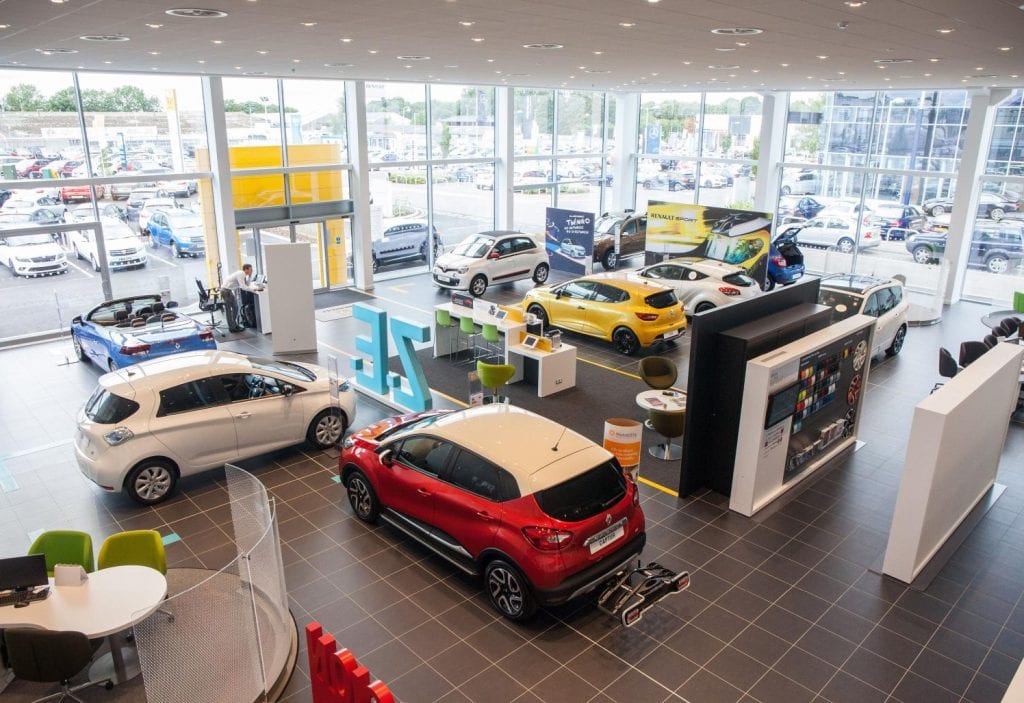
Following a near-record August for sales, the UK’s new car market has slumped in September, as effects of WLTP continue to wreak havoc with registration figures.
According to the latest data from the SMMT, September saw a 20.5% decline in sales. 338,834 vehicles were sold in the UK, during a month when new plates were available to buyers. This was down around 87,000 units on the previous year and coincides with the implementation of the new testing regime.
The figures were the worst for September since 2011, and only slightly up in 2008 when the global economy crashed, and the automotive market suffered as a result.
The impact was felt across the board, with registrations by private consumers, fleets and businesses all declining, by 20.1%, 22.4% and 6.3% respectively. Registrations of petrol and diesel cars also fell, while hybrids and plug-in electrics fared better, up to a modest 3.9%. Diesel car sales dropped by 42.5% as the market continues to suffer, with petrol dropping 6.7%.
Declines were seen across almost every vehicle segment, with MPVs and Specialist Sports cars showing the biggest falls, down 54.8 and 50.9%. Luxury saloons were the only segment to register growth, up 3.5%, while Dual Purpose cars, which have enjoyed strong growth over the year to date, held steadier than most, falling just 3.5% in the month.
September’s large decline follows an unusually high August and a turbulent first eight months of the year as the market responded to a raft of upheavals, from confusion over diesel policy to vehicle excise duty (VED) changes and, latterly, the transition to the new WLTP emissions standards.
The UK’s Year-to-date performance is currently down 7.5% on 2017, reflecting these factors and a drop in business and consumer confidence. Over the coming months, however, some rebalancing is expected as an increasing range of new models are certified for sale and backlogs ease.
Mike Hawes, SMMT chief executive, said, ‘With the industry given barely a year to reapprove the entire European model line-up, it’s no surprise that we’ve seen bottlenecks and a squeeze on supply. These are exceptional circumstances with similar declines seen in other major European markets. The good news is that, as backlogs ease, consumers and businesses can look forward to a raft of exciting high-tech cars and a market keen to recover lost momentum.
‘Thanks to more realistic performance data through WLTP, car buyers will be better informed to choose the cars that best suit their driving needs in full confidence that they are the cleanest and most fuel-efficient ever produced.’




You must be logged in to post a comment.